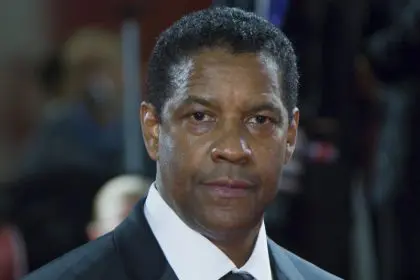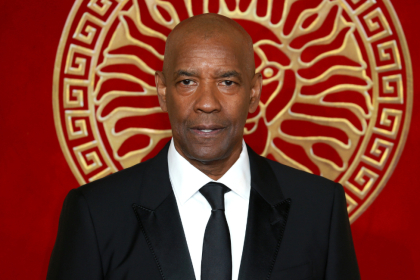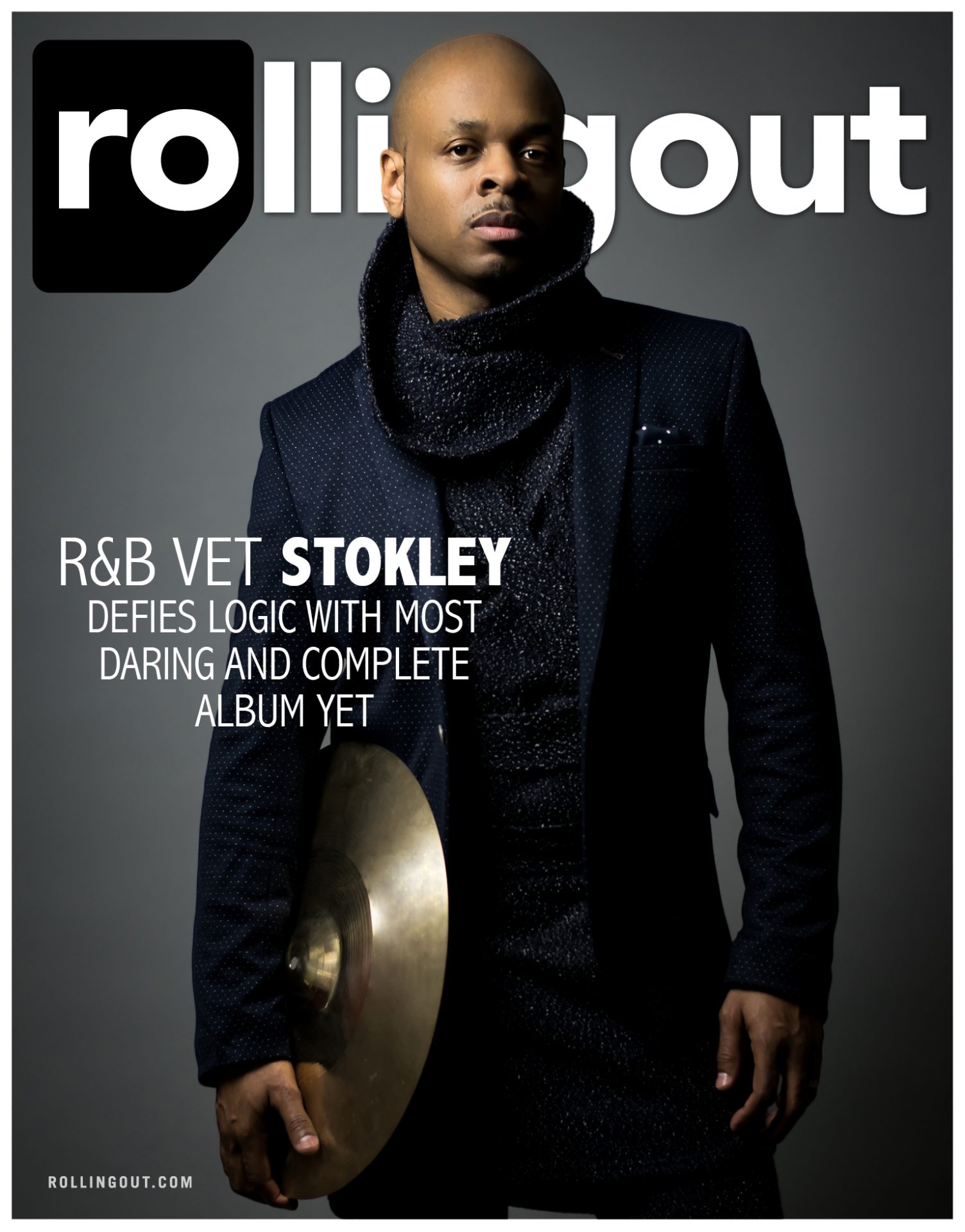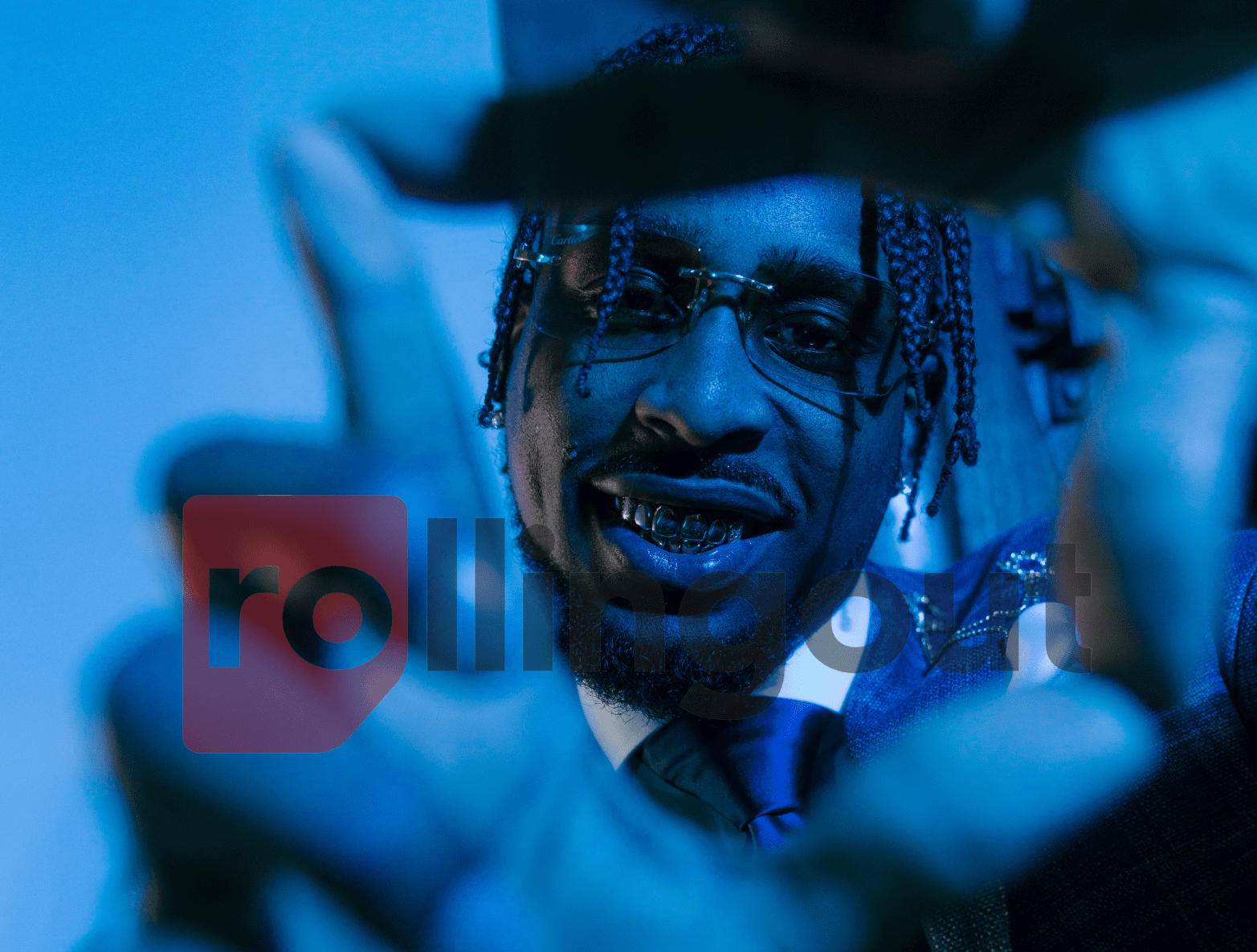There is something to be said about the power that is Denzel Washington. When he enters a room, he walks with an undisturbed strut, as if he has owned the building for years.
He has a way of looking everyone in the eye without focusing too long to stare. When he speaks, his words are measured. In a room filled with journalists, Washington isn’t just interested in answering questions. An average interview will not be sufficient. If you’re going to engage with Washington, it’s best that you be prepared to have an in-depth conversation.
This was the scene on a brisk fall evening in Atlanta. While in the city to promote his initiative with the Boys & Girls Clubs, Washington held a screening for his latest film, Fences, at Regal Cinema at Atlantic Station. After taking photos with his wife Pauletta, several cast members from Fences, the son of his childhood friend Ludacris, and Atlanta Mayor Kasim Reed, Washington took a moment to speak with every media outlet on the red carpet.
Once Washington and I stood face-to-face, we didn’t talk Fences right away. I wanted to talk about recent political shifts in America: the past, present and the future of the nation. Indeed, this country is set to leave one era and delve into the unknown. While the next four years are filled with questions and uncertainties, much of the past eight proved to be inspiring and historic.
When I asked Washington about his thoughts on being Black in the age of Obama, he quickly turned the question to me, perhaps knowing that every Black person in America has been touched by the Obama presidency in a unique way. I shared that I’d visited the White House 15 times, covering events during President Obama’s tenure. Washington smiled from ear-to-ear as if he was thinking of the enormity of being Black and walking into America’s most prestigious house while a Black family occupied it.
“I think that Obama served with dignity, strength, patience,” Washington said after a brief pause. “I think he did a great job. He didn’t get a lot of credit for not [cracking] under pressure … that alone. I also pay homage to those who came before him: the Jesse Jacksons and other African Americans who came before him and helped to lay the groundwork for him to be in the position.”
Washington’s character Troy Maxson in the big screen version of August Wilson’s celebrated play Fences, which he also directs, couldn’t even imagine a Black president. Troy can’t even imagine a Black man getting half a chance. Set in the 1950s in Pittsburgh’s Hill District, where Troy works as a garbage man on the back of the truck to support his wife Rose, powerfully portrayed by Viola Davis, and 17-year-old son Cory, played by Jovan Adepo in his feature film debut, Fences is about how disappointing and frustrating racism makes life. Troy is a bitter former Negro Leagues star who believes he would have had a great career as a baseball player had it not been for racism.
“August wrote a masterpiece,” Washington said. “It’s bigger than what I can say. It’s a Pulitzer Prize-winning multiple Tony Award-winning play and now a film that has touched people all around the world. It’s a constant discovery. That’s the nature of great writing and great performances. I think the timing is good. We have a great cast. Mykelti Williamson, Viola Davis, Jovan … they’re all great actors. I think it’s a good movie.”
Stephen McKinley Henderson, who plays Bono, Troy’s best friend, in the film and did so on stage with Washington, not only acted in August Wilson’s plays; he was also his friend. And while Wilson died in 2005, the high standard of excellence he set for Fences, which Eddie Murphy first optioned, didn’t die. The long delay, according to Henderson, was because Wilson made his requirements clear: “He said he wanted a Black director.” That he got one of Hollywood’s greatest actors of all time along with that director is a bonus.
Washington is in the business of practicing and sharing his truth on film. Since we were introduced to him through the character of Dr. Philip Chandler on the 1980s hit “St. Elsewhere,” he has captivated audiences by embodying the essence of Malcolm X in Malcolm X; channeling a fighter’s passion in Hurricane; exposing the depths of greed and corruption in Training Day; enthralling us as drug lord Frank Lucas in American Gangster; and providing a powerful look at the impact of addiction in Flight.
But even with all of Washington’s masterful performances of the past, he could still be on the verge of releasing his magnum opus. In the two previous films he directed, Antwone Fisher and The Great Debaters, he took small roles. In Fences, which is arguably his most powerful performance on film to date, he is both director and star.
As Troy, he does a lot of heavy lifting. Troy is as big a presence in Fences as Washington is in his real life. There’s a pain in Troy created by racism and injustice that Black men still feel six decades later. Troy is a man who doesn’t always feel seen and that hurts. He loves his youngest son Cory the best way he knows how but the only problem is he never learned how. With Lyons, his older son, he was never given the chance. Troy feels his life is reduced to how much money he can earn, that he’s not valued for who he is. And that feeling of inadequacy leads him to betray the first great thing that happened to him in his life.
Never one to dwell on himself, Washington has always been a generous collaborator and can’t hide the pride he feels in Viola Davis’ performance in Fences. “Viola is a monster in this film,” Washington beamed. “She heads down the runway quietly, and before you know it, she takes off. I’m honored to have directed her in this film.”
The awards may be already racking up with Golden Globes, the Screen Actor Guild and surely the Oscars, but Washington is never done. As great as he has been in the past, he somehow keeps topping himself. For him, it’s his way of honoring what he calls his gift from God.
“I’m in the service business,” Washington shared. “You never see a U-haul behind a hearse. You can’t take things with you. I don’t care how much money you have or how much success you achieve. You can’t take it with you. It’s all about what you’re doing while you are here.”
[cigallery]












